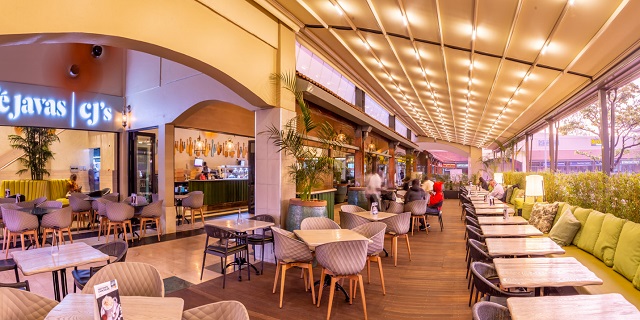
Industrial sector rent remains stable as that of office and residential falls
Kampala, Uganda | ISAAC KHISA | Rents in industrial sector has remained stable amidst the coronavirus pandemic as that of office and residential sectors take a southward trend.
The Knight Frank’s latest Kampala market performance review shows that, average rents for warehouses remained relatively stable for the second half of 2020, ranging between $4- $6 per square meter for warehouses in the Kampala Industrial Business Park (KIBP), while the older stock especially those found outside the KIBP had rental rates of approximately $2.5 to $4.5 per square meters.
The stable prices, according to the review, is attributed to the lockdown and restricted travel that forced manufacturers and traders to be innovative and find ways of responding to demand for essential goods and services amidst a global shutdown of trade which led to total stagnation of supply chain and distribution routes.
“This led to a short-term increase in demand for storage space from the health sector, e-commerce, and pharmaceuticals,” the review notes in part.
This, however, is a stark contrast to prime retail, office and residential rental rates as a result of the government’s instituted measures including lockdowns and social distancing to slowdown the spread of coronavirus.
For instance, the retail rates, which were already impacted in the past half of the year, saw rates remain flat at $200 for tenants taking space of less than 10 metres square and those taking more than 10 metres square but less than 50 metres square falling from $48 to $ 36 per square metres.
Similarly, rental rates for tenants taking more than 100 metres square but less than 500 metres square fell from $28 to $22 per metres square and those taking more than 1000 metres square saw rates remain flat at $15 per metre square as a result of low demand.
The review notes that the increasing vacancies in the leased office sector experienced in the H2 2020 led to softening of rents as tenants continued to drive harder bargains for lenient lease terms during lease renewals. Grade A passing rents declining by 7%.
“It must be noted however, that this decline was for rents which were considered “over – rented” (where the passing rent is higher than the market rent for new leases at reversion),” the market review notes.
It adds that the sector recorded a 6% year on year increase in vacancies for prime commercial office space (Grade A and AB) from 17% in H2 2019 to 23% in H2 2020 citing companies downsizing office space, relocating to more affordable offices and postponing take up of new office premises because of constraint in cash flows.
The market review also notes that in general, office sector landlord and tenant relationship in the H2 2020, were dominated by conversations and increasing pressure for rent concessions.
In other instances, regrettably, these conversations wound up in vacancies across various buildings.
In relation to the prime residential properties, Knight Frank notes that it recorded a 6% year on year increase in supply of apartment units coming onto the market particularly in the prime residential areas of Kololo, Nakasero, Bukoto, Bugolobi, and Naguru.
The increase in stock, however, forced some landlords to discount their rents in order to remain competitive in an already oversupplied prime residential market that had been affected by the effects of COVID-19.
This, consequently led to a 4% decline in the overall average in prime rental rates for furnished apartments in H2 2020.
Similarly, the average occupancy in prime residential apartments dropped by 8% year-on-year in H2 2020 as compared to H2 2019 owed to reduced number of expatriates in the wake of second lockdowns and restricted travel in Europe and United Kingdom.
“Since this remains the biggest driver of demand for this sector, we anticipate prime residential rents in turn coming under pressure and reducing further as vacancy rates also increase,” the report says, adding that the worst could be yet to come since the country’s property market expects approximately 110-150 housing units (mainly apartments and townhouses) coming onto the market over the next 12 months in Kampala’s prime residential suburbs.
 The Independent Uganda: You get the Truth we Pay the Price
The Independent Uganda: You get the Truth we Pay the Price


